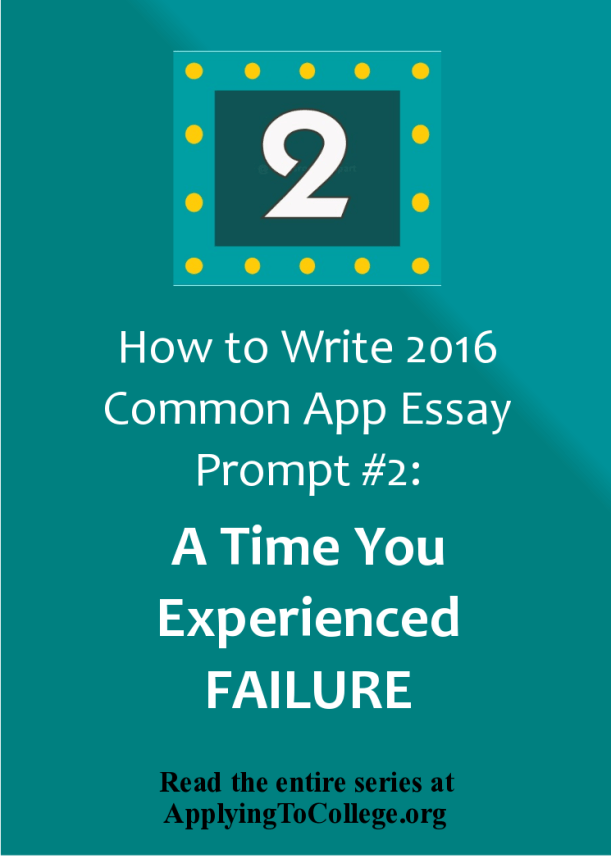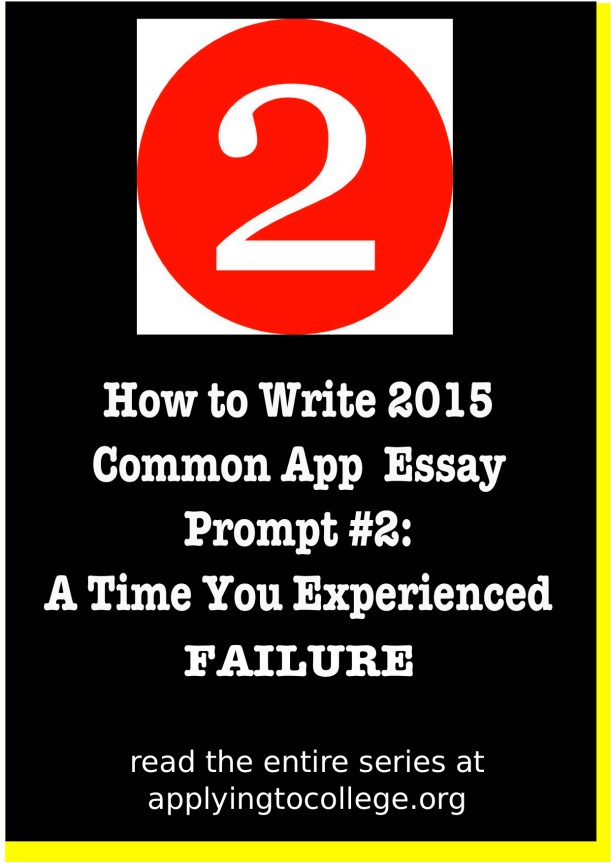
“I don’t have a big enough story to write about.”
I often hear students express this concern about their Common Application essays. They’re worried their experiences aren’t “big” or eventful enough to stand out.
You don’t need a big event in your life to write a standout Common Application essay. In fact, some of the best stories might seem ordinary, but when you look deeper, they’re interesting and original and can express a great deal about the author too.
For inspiration, I’ll tell you about a student who played catch with his little brother every afternoon. His dad came home late in the evening, so instead of heading off to do homework or hang out with friends, the student became his brother’s coach and cheering squad. Those afternoons weren’t “big” events, but writing about them showed how much he valued family and stepped up to lead even when no one asked him to. Writing about those afternoons showcased his positive qualities and helped the schools envision the caring young man and leader he’d be when he got to campus.
Unearthing these smaller moments can be difficult; they don’t always pop into our heads. That’s when more brainstorming is in order.
First, when you’re writing a Common Application essay, it’s important to know what schools are looking for. Colleges want to learn about you: What are some of your best qualities? What experiences have you learned from? What matters to you and why? When schools read your essay, they should get a sense of your strengths and personality and begin to envision how you’ll be a great fit for their school.
To start brainstorming, make a list of your positive qualities. Then write down how you use each quality to react to or handle a situation. For example, “If I don’t know an answer, I’m determined enough to find it. I speak up when I see an injustice.” You might find an interesting topic this way. Another method is to pay attention as you go through your day: What kind of conversations do you engage in with friends and family? How do you pursue your curiosity outside of class? Scroll through photos to spark memories and look around your room for keepsakes or gifts; one might lead to a story to write about.
No matter what topic you choose, it’s important to include what you learned or how you changed from your experience. Whether it’s a new perspective, a better understanding of yourself, or something else, reflection shows the insight you’ve gained. It makes the essay deeper, more thoughtful, and original to you.
So, if you’ve got a “big” experience, great! But writing about how you taught yourself to fish, the dinners you make for friends, or why you love Scrabble matters too. You’ll give the reader a picture of you: what you care about, how you think, and who you are. And ultimately, that’s what schools want to know.
This article first appeared in the Redding Sentinel
Sharon Epstein is a college essay specialist and interview coach. She is a Writers Guild Award-winner and two-time Emmy Award nominee, teaching students around the world how to master interview skills, write resumes, and transform their goals, dreams, and experiences into memorable college application essays. Visit my website for more information about my services.












